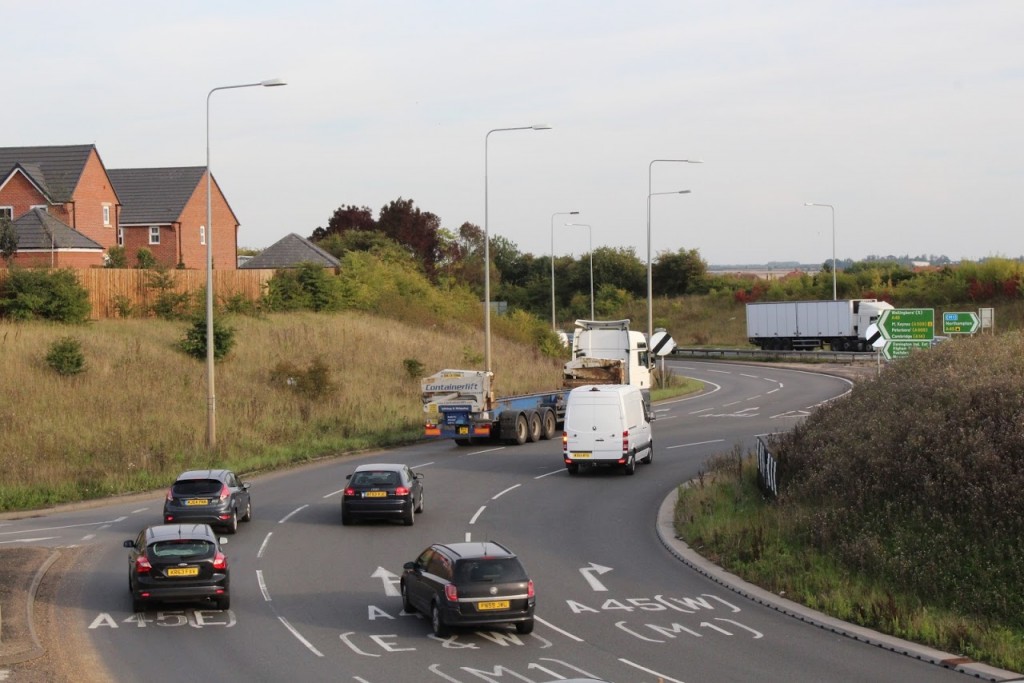Today is the World Day of Remembrance for Road Traffic Victims.
This nearly directly impacts everybody. If not a direct link, an indirect connection can soon be made.
In the United Kingdom, on average everyday 5 people die on our roads. This is a mind boggling statistic. Imagine if 5 people were killed in a train crash, aeroplane crash or terrorist attack and the response that it would bring. There would be a thorough investigate and protocols put it place to ensure the likelihood of a replication is decreased.
I understand the variables with every different person in every different vehicle on every different road are enormous but this figure it too high. Something needs to be done about it. If injuries from road traffic incidents are included in this discussion, it would paint a very sad picture.
Last year my family were very closely affected by the death of a family friend in a car crash. It is so, so sad. A life, full of joy and pleasantness, in her prime, was ripped away in an instant.
This will take you to a BBC page which shows every death on every road in Great Britain between 1999 and 2010. It is astonishing. All of these lives ripped away.
Of course, this is a day of remembrance for all traffic victims. Britain has in fact seen a drop in road deaths in recent years. Some places, with lower safety standards on roads and on vehicles, see many more causalities. Globally, each year, there are 1.25 million deaths on the road. Despite the increase in road users year on year, this is actually stabilising due to many countries enforcing safety laws such as wearing a seatbelt, and not over drinking.
More needs to be done.

A photo I took. Van left it late. Why not go back around and get in to the correct lane. Imagine if the Aldi was going a bit faster and the van couldn’t pick up enough speed. Crash.
People need to think. People need to slow down. People need to go slower and pay due care and attention. Speed limits need lowering. More enforcement needs to apply to drink-drivers, texters, callers and social networkers at the wheel.
Everyone wants to get from A to B.
My mum has always taught me from a very early age that when on the road, think for other people, don’t get angry and remember that “It’s not whose right, it’s who’s left.” (right of way)
Samuel
